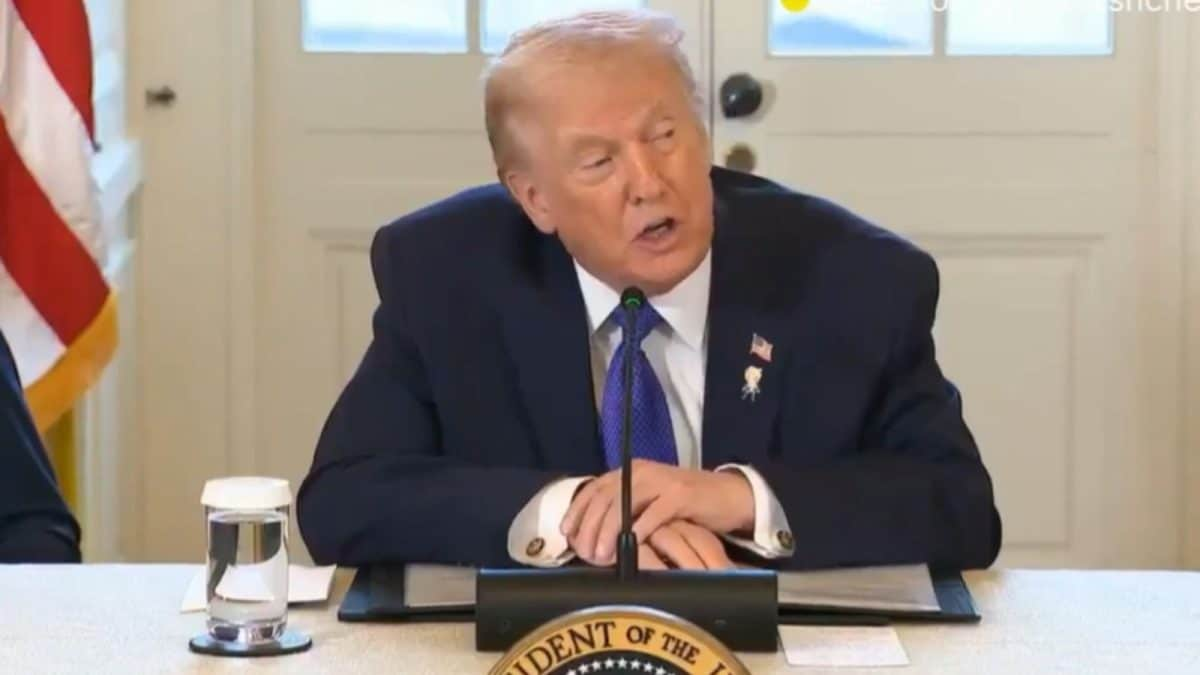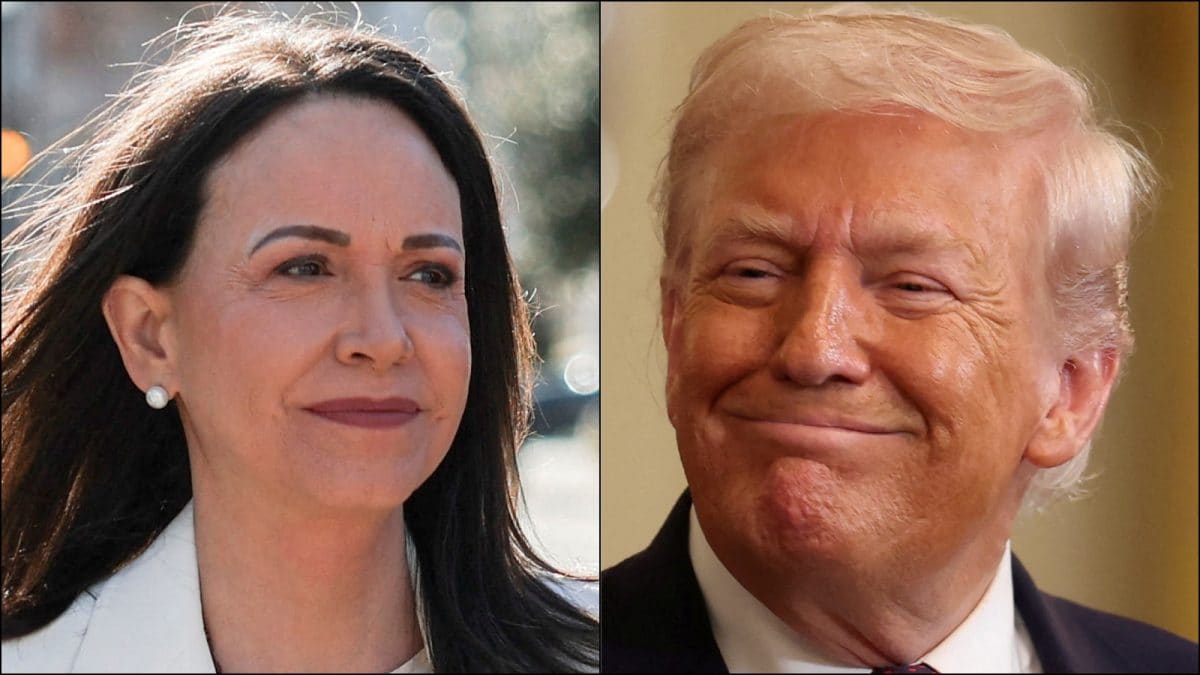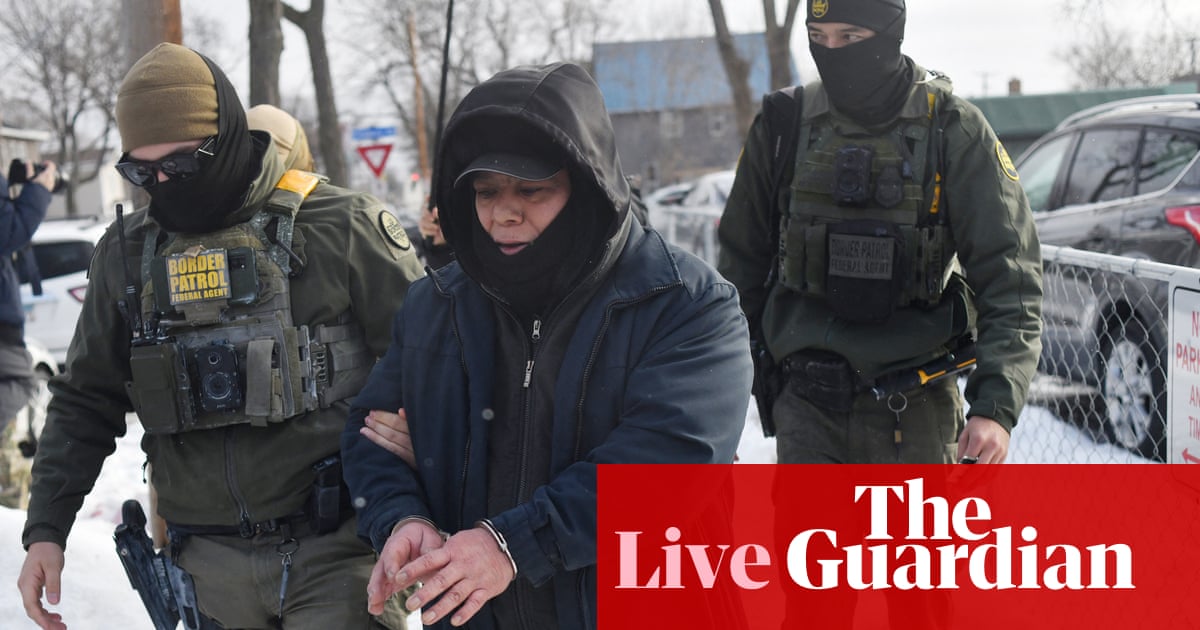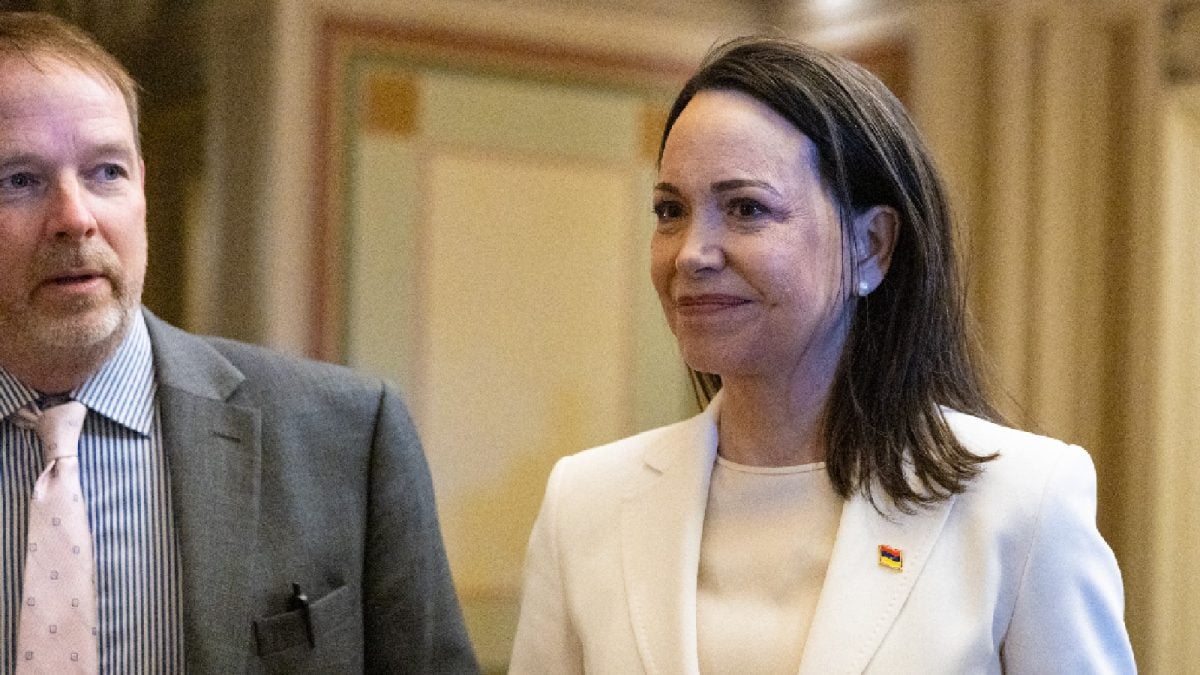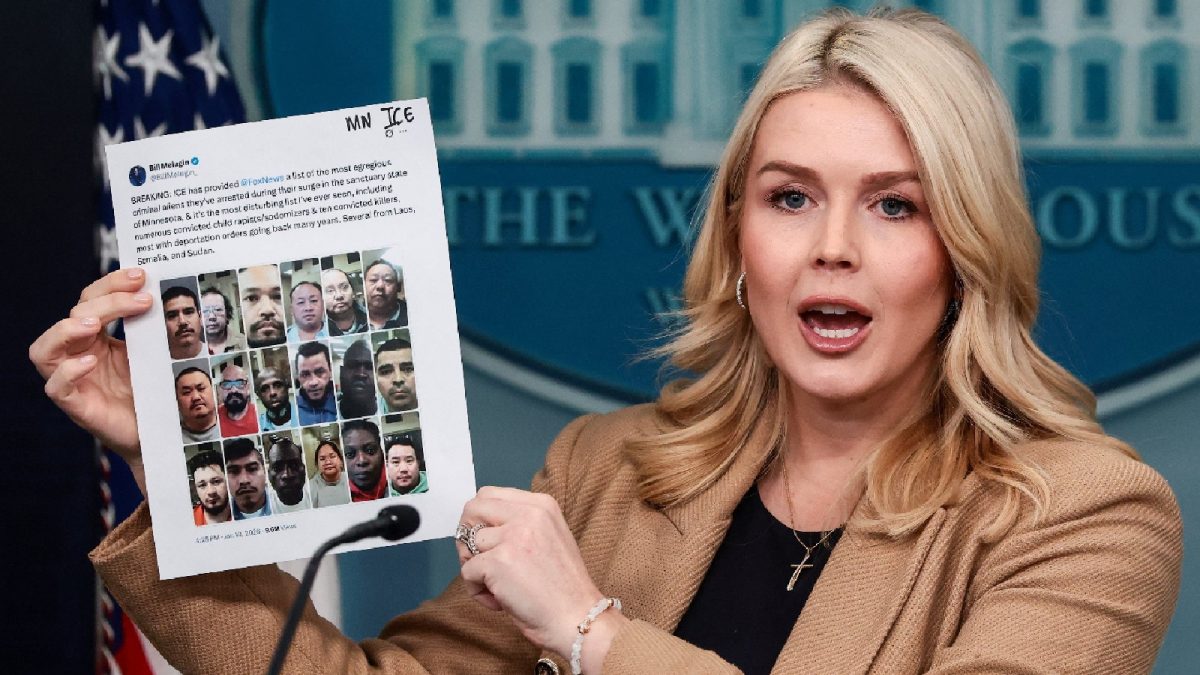Bangladesh has sentenced Sheikh Hasina to death, but she remains in India, beyond the tribunal's reach, prompting Dhaka to demand her extradition. For now, Hasina's fate rests entirely with New Delhi's next move.

Sheikh Hasina was awarded death penalty for crimes against humanity
Bangladesh has delivered its harshest-ever judgment against a former leader, sentencing former Prime Minister Sheikh Hasina to death for crimes against humanity during 2024 students' protests. But the ruling lands with one major complication: Hasina isn’t in Bangladesh. She has been living safely in India for over a year, out of reach of the tribunal that condemned her.
With Dhaka demanding her extradition and India staying silent, the question now hangs sharply in the air: what next for Sheikh Hasina?
BANGLADESH'S EXTRADITION REQUEST
In December 2024, Bangladesh submitted a formal request to India to extradite Hasina, who fled to New Delhi as student-led protests ended her 15 years in power. The request came two weeks after India’s foreign secretary visited Bangladesh and the two countries said they hoped to clear the clouds and pursue constructive relations.
The head of Bangladesh’s interim government, the Nobel laureate Muhammad Yunus, who took charge on August 8, demanded that India send Hasina back so that Bangladesh can try her for crimes against protesters and her opponents, and crimes she is accused of committing during her tenure over the past 15 years.
“We sent a note verbale to the Indian government saying that the Bangladesh government wants [Hasina] back here for judicial process,” Touhid Hossain told reporters.
In July, Bangladesh’s interim government formally began efforts to extradite Hasina, news agency ANI reported. Foreign Affairs Advisor to the interim administration, Md Towhid Hossain, confirmed that a formal request had been sent to Indian authorities. "We have sent a letter. We will follow up if necessary," Hossain said, responding to questions about delays in the process.
"We now urge the Republic of India to act with conscience and moral clarity. For too long, India has refused to comply with Bangladesh's lawful request for the extradition of Sheikh Hasina," Yunus's press secretary Shafiqul Alam had said.
Besides, in a meeting with Prime Minister Narendra Modi on the sidelines of the BIMSTEC Summit in Bangkok in April this year, Yunus indicated that India should ask her to stop criticising his government.
WHAT DOES EXTRADITION TREATY SAY?
India and Bangladesh signed an extradition treaty when Sheikh Hasina was in power in January, 2013. The treaty clearly states that an extradition request may be rejected if the verdict is "politically motivated", a term Hasina has been using to reject all the allegations against her.
"Extradition may be refused if the offence of which it is requested is an offence of a political character," per Article 6 (The Political Offence Exception) of the treaty.
However, the same treaty also mentioned a list of offences shall not be regarded as offences of a political character. These include murder, manslaughter or culpable homicide, incitement to murder.
Provisions for refusal as per treaty:
Extradition may be refused if the offence is of a “political nature.”Some crimes, such as murder, enforced disappearance, and torture, are excluded from being categorised as political offences under the treaty.Grounds for refusal also include accusations not made “in good faith in the interests of justice” or military offences not considered general criminal law violations.Article 8 lists out multiple grounds for refusal including cases in which:
an accusation has not been made in good faith in the interests of justice or in case of military offences which are not an offence under the general criminal law.WHAT BANGLADESH SAID AFTER CONVICTION
Yunus administration will write formally to India seeking the extradition of ousted PM Sheikh Hasina, Bangladesh's Law, Justice and Parliamentary Affairs Adviser Asif Nazrul said. He said he was deeply satisfied with the Crimes Tribunal's verdict against Hasina.
"I want to say one more thing today. We will write a letter to India again to extradite Sheikh Hasina. If India continues to shelter this mass murderer, then India must understand that this is an act of hostility against Bangladesh and the people of Bangladesh. A trial has taken place today... This is a deeply condemnable behaviour... InshaAllah, the trial will continue at full speed for as long as we are here," Nazrul said.
"I am satisfied with the verdict of Sheikh Hasina’s trial. However, I am not surprised," Nazrul said. "Today is a historic day for Bangladesh. Today the finest achievement in the establishment of justice has taken place on the soil of this country."
WHAT IS INDIA'S POSITION?
Hours after Hasina landed in India in August last year, External Affairs Minister (EAM) S Jaishankar had said that Hasina had on very short notice sought the approval of Prime Minister Narendra Modi’s government to come to India “for the moment”. Back then, it was speculated that she will leave after a "brief stay". But over an year later, Hasina continues to stay in India with no official word on if and when she has any plans to leave.
As for the extradition request, India admitted to receiving the letter but did not reveal the next course of action. India’s Ministry of External Affairs (MEA) spokesperson Randhir Jaiswal said in December last year, “We confirm that we have received a Note Verbale from the Bangladesh High Commission today in connection with an extradition request. At this time, we have no comment to offer on this matter."
“On the stay of the former prime minister (Hasina), I had earlier mentioned that she had come here at short notice for safety reasons, and she continues to be here,” Randhir Jaiswal had told reporters.
Indian officials have stated they will examine the legal grounds before making a decision.
WHAT EXPERTS SAY
According to Sreeradha Datta, a professor specialising in South Asian Studies at Jindal Global University, the tribunal’s decision, while expected, will not lead to India extraditing her.
Speaking to Al Jazeera, she said, “Under no circumstances is India is going to extradite herWe saw in the last year and a half that relationships between India and Bangladesh are not at their best, and have been fragile at many occasions.”
WHAT NEXT FOR HASINA?
For Sheikh Hasina, the next chapter now hinges almost entirely on New Delhi’s response. India has the legal and diplomatic tools to grant Bangladesh’s extradition request — but it also has clear and weighty grounds to refuse. New Delhi will weigh whether the tribunal’s verdict reflects a bona fide, impartial judicial process and whether returning a former head of government would expose her to mistreatment, an unfair trial on appeal, or other human-rights risks.
Those concerns carry particular force when there are widely reported incidents of violence and humiliation in and around the Bangladeshi courts, such as the assault on former Education Minister Deepu Moni and the public mistreatment of Industrial Advisor Salman F Rehman as evidence that high-profile defendants may not receive the protections India would expect.
India therefore has a spectrum of options: it can accept the request and proceed with extradition if it is satisfied the judicial process in Bangladesh meets accepted standards; it can refuse on legal grounds, for example, citing reasonable fears of persecution or denial of due process, or it can delay a decision, seeking diplomatic assurances from Dhaka about fair treatment, security and adherence to international norms. Her immediate fate therefore rests with a careful, politically fraught review in New Delhi.
- Ends
Published By:
Priya Pareek
Published On:
Nov 17, 2025
Tune In

 1 month ago
1 month ago


